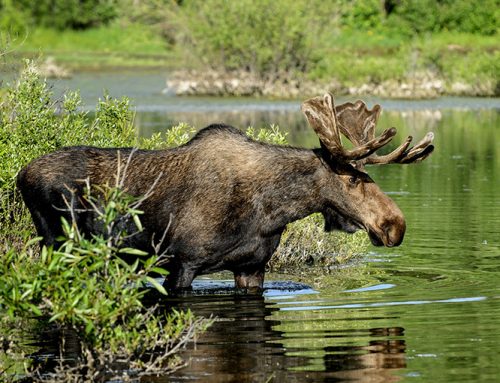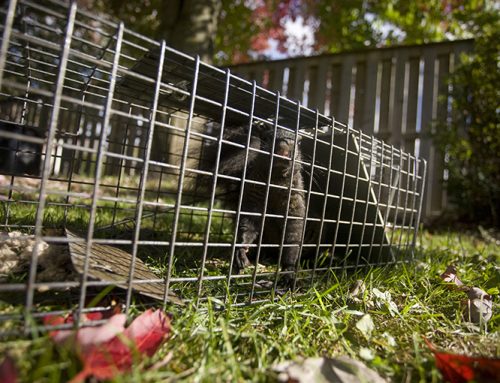
Three Canadian universities were part of Winter Grab – a unique binational effort looking at Great Lakes health during February.
Researchers from Canadian and American universities took samples at more than 30 locations on all five Great Lakes, and Lake St. Clair, during the week of Feb. 14. – the date that has historically marked peak ice cover extent on the Great Lakes. Headed by the University of Michigan, the University of Windsor, Lakehead University in Thunder Bay, and Trent University in Peterborough were the Canadian institutions taking part.
At each location, researchers drilled through the ice to sample ice, water, zooplankton and measure light levels. Teams will also submerge sensors to take on-site readings of water temperature, oxygen, chlorophyll, and conductivity levels.
Winter lakes
Although a lot of research takes place on the Great Lakes, there historically hasn’t been a lot in the winter due to winter winds and the belief winter wasn’t as important in the lakes’ life cycles. However, with climate change impacting winter the most, researchers thought it was a time to change this.
“Winter is the season that is altered the most with climate change,” ecosystem ecologist Dr. Marguerite Xenopoulos of Trent stated. “With the loss of snow and ice cover, the need for winter research has never been greater, particularly to help inform management decisions.”
Xenopoulos has been studying dissolved organic carbon for 20 years. She will be the lead in looking at the dissolved organic carbon from all of the sites. Dissolved organic carbon is a part of the carbon cycle and important cornerstone in aquatic ecosystems.






Leave A Comment